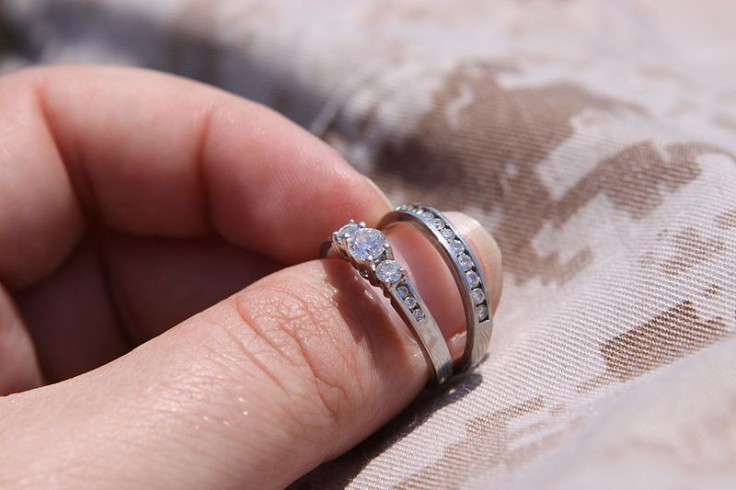Too Much Facebook Can Cause Relationships to End in Cheating, Breakups or Divorce

"It's not official until it's on Facebook," they say. But keeping it off Facebook could be the best way to ensure your romantic relationship stays strong. Individuals who use Facebook excessively are much more likely to experience Facebook-related conflict with their partner, which can lead to non-digital conflicts as well, including emotional and physical cheating, breakups, and even divorce, a study says.
Russell Clayton, a doctoral student at the University of Missouri, School of Journalism, along with other researchers surveyed Facebook users between the ages of 18 and 82 years old, asking them to describe how often they used Facebook and how much, if any, conflict arose between their current or former partners because of using Facebook. They found that higher levels of Facebook use led to higher levels of conflict because of the social network. The consequences of these conflicts included negative relationship outcomes, including breakup, cheating, and divorce, according to a press release.
"Previous research has shown that the more a person in a romantic relationship uses Facebook, the more likely they are to monitor their partner's Facebook activity more stringently, which can lead to feelings of jealousy," Clayton said in the release. "Facebook-induced jealousy may lead to arguments concerning past partners. Also, our study found that excessive Facebook users are more likely to connect or reconnect with other Facebook users, including previous partners, which may lead to emotional and physical cheating."
The researchers, however, found this trend to be prevalent among users who were in newer relationships of about three years or less.
"This suggests that Facebook may be a threat to relationships that are not fully matured. On the other hand, participants who have been in relationships for longer than three years may not use Facebook as often, or may have more matured relationships, and therefore Facebook use may not be a threat or concern," Clayton said.
The findings support another study from earlier this year in which social media as a whole was found to have a negative impact on romantic relationships.
"All the time and energy that goes into maintaining a lot of social media can take away from the one-on-one time couples share," Christina Steinorth, a psychotherapist in Santa Barbara, told Medical Daily.
For that study, 24,000 people in married couples from 17 European countries responded to a survey regarding their use of different communication media, including face to face, telephone, cell phone, email, social networks, webcams, blogs, virtual worlds, and texting — they subsequently reported their relationship satisfaction.
The researchers found that with using more forms of media, satisfaction rose only up until a certain point, and then "the increasing complexity of maintaining so many separate communications threads starts to undermine relationship ties," Dr. Bernie Hogan, a research fellow at Oxford Internet Institute of Oxford University, said.
"It's also very easy to get swept up into a fantasy life in social media, which may make it tempting for individuals to stray from their committed romantic relationship," Steinorth said. "People typically report very flattering things about themselves on social media — their best photos to the best moments of their lives. When this happens, it can lead someone to think 'Hey, that person is better looking and more interesting than my partner' and lead to a grass is greener mindset."
In order to avoid these issues, Clayton and his team of researchers suggest couples limit their time on Facebook.
"Although Facebook is a great way to learn about someone, excessive Facebook use may be damaging to newer romantic relationships," Clayton said. "Cutting back to moderate, healthy levels of Facebook usage could help reduce conflict, particularly for newer couples who are still learning about each other."
Clayton's study is forthcoming in the Journal of Cyberpsychology, Behavior and Social Networking.



























